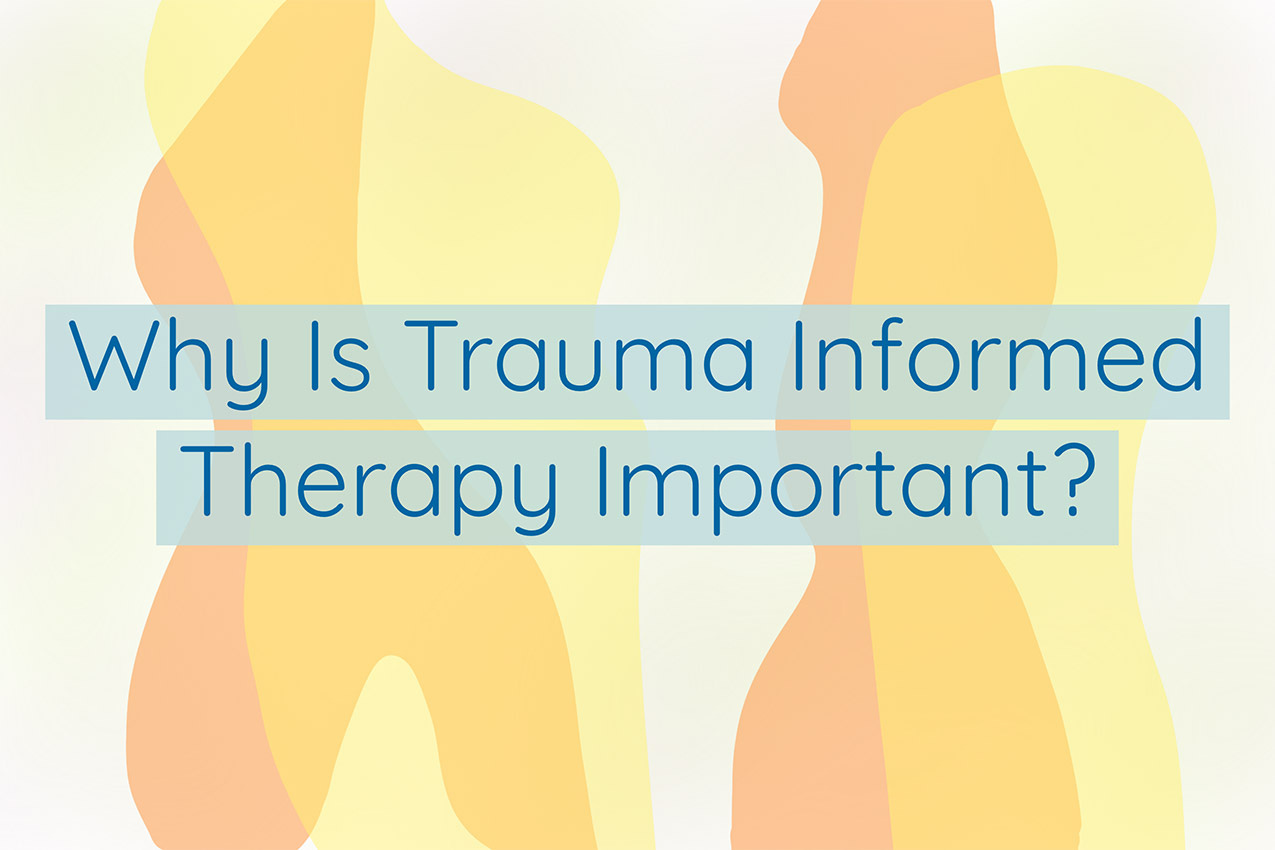The word “trauma” can elicit numerous thoughts. One of those might be, “I don’t have trauma, why would I need a trauma informed therapist?” That is a valid question; one that is completely understandable.
When we think of trauma we frequently think of what we call, complex trauma, that often occurs in childhood where there was abuse, neglect, or an overall loss of safety. However, trauma can happen to us at any point in life; and can be caused by a range of adverse events. It can occur from a single traumatic event such as a car accident; or unexpected death of someone close to us. It can also happen from witnessing or hearing about traumatic events that did not personally happen to us.
With the realities of a global pandemic and racial injustices occurring more and more frequently, we are experiencing traumas that we may be internalizing without our awareness. We don’t have to recognize trauma within ourselves to possess it. Trauma impacts our thoughts and how we regulate emotions, which consequently lead to psychological implications. The way we communicate changes. We behave differently within relationships.
Working with a trauma-informed therapist allows us to understand ourselves at the deepest level. We learn to recognize the external factors that have impacted our behaviors, internalized beliefs, and emotional responses.
A trauma-informed therapist does not just look at the undesired behavior; they access the underlying causes of that behavior. The recovery process begins only when we understand these causes.
The key components to trauma-informed therapy is that it inspires change in a holistic manner that is built on compassion and safety.
A therapist operating from a trauma-informed lens will:
Focus on creating a space of safety that encompasses emotional and physical safety. This is to ensure that you feel comfortable and secure within the therapeutic process.
Help you develop ways of taking care of yourself through grounding techniques, establishing boundaries, and utilizing resources available to you that cater to a self-care routine.
Openly collaborate with you during the process, moving at a pace that is comfortable for you. They will ensure that you are not pushed beyond your emotional bounds.
Work with you to develop healthy coping skills while also learning what currently works for you— seeing the strengths that you already possess.
Understand that you are multifaceted and prioritize knowing you holistically as your struggles do not define who you are.




